Access Control Overview
The demand for flexible workspaces is increasing all around the world. Freelancers, independent entrepreneurs and developers prefer non-traditional offices, so-called coworking spaces.
Flexible spaces are typically modern and often ensure quick and seamless access. The reason is clear: Coworkers want to be flexible and access their workplace at any time. Which access management option fits your needs best? Let’s take a closer look.
Physical key
Old, but gold? Not quite, because there are several things to keep in mind when considering your access control options. Of course, the big advantage of physical keys is, that their initial costs are low. Therefore they are seen as an affordable solution. But much more: There is no need for an electrical or internet connection. So it often gives people the feeling of having everything under control, because it is obviously immune to computer hacking.
But many coworking operators state that handing over physical keys is very time-consuming. New keys need to be issued and old keys have to be returned. The problem is even worse when a provider operates multiple properties. And don’t forget: Traditional keys can be duplicated very easily. As a consequence the entire locking system has to be replaced.
Magnetic Stripe Keycards
Everybody knows them from hotels––plastic access cards. They are an alternative to the traditional metal key and will open an electronic door if you tap it or insert the card. But this can be also seen as a hassle. You need to remove it from your wallet to unlock. Another benefit is that you can configure and reconfigure access using the same card (unlike a metal key).
The main problem with access cards is that they can be easily erased or the magnetic stripe gets dirty and cannot be read properly. So the physical token is still required—losing your key card still compromises access to your space, but to a lesser extent as compared to a metal key. And a key card cannot be used as a remote, mobile access badge for coworking spaces or building. It still needs to be up close to the reader for it to work.
Key Fobs
These pocket-sized security tokens allow keyless locking and unlocking of your coworking spaces. Each fob has a personal identification number and the access system can be programmed to limit or block entry at any time. When the key fob is within close proximity to the access device reader, the system unlocks the door or gate to allow entry.
We at Tapkey work with NFC Mifare technology and that’s why we call them NFC Tags. They are solid, they don’t require batteries and can easily be added to a key ring. You can allow access to particular people or restrict entry during certain time periods. Another helpful thing for you as a coworking operator is that a key fob can immediately be blocked if it has been lost or stolen.
Smartphone
Moreover, you can grant access with your smartphone to keep security at a very high level. Members of coworking spaces can unlock their spaces by using a mobile app that ensures cloud-based control of all doors and entrances. Tapkey’s access systems works with Bluetooth and NFC and provides a very secure connection. There are other systems that need online connectivity in order to open doors.
It’s more convenient—the only thing you need is a smartphone and your coworkers don’t have to worry about memorising a pin. Keep your smartphone with you all the time, and you’re good to go. You don’t have to worry about lost keys falling into the wrong hands. And much more: Members can enter a building or a shared office with no added effort for your staff. You can make a full record of who enters the building and the time of entry. Or, if you know something seems out of place in, say, a specific room, you can generate a report to see who accessed that room over the past month. For example you can track visitor data or coworkers attendance in our access log in the Tapkey App.
Last but not least: A huge benefit is the possibility to integrate. For example Tapkey can integrate member management software for coworking spaces, like Cobot. There is no doubt: Switching to mobile access control will help reducing the plastic waste in our oceans and save time and reduce cost of your office space.
Everything at a Glance
| Advantages | Disadvantages | |
|
Mechnical key |
|
|
|
Magnetic stripe card |
|
|
|
Key fob |
|
|
|
Smartphone |
|
|
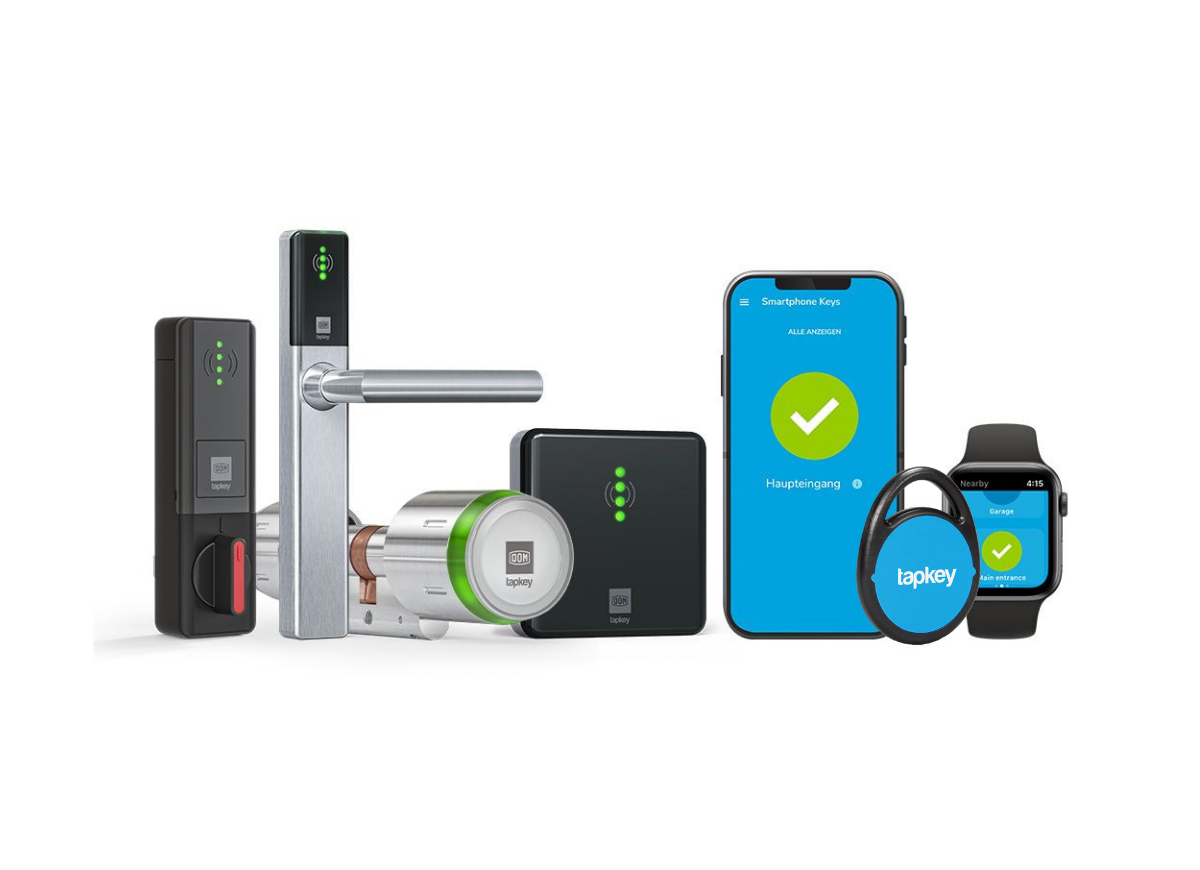
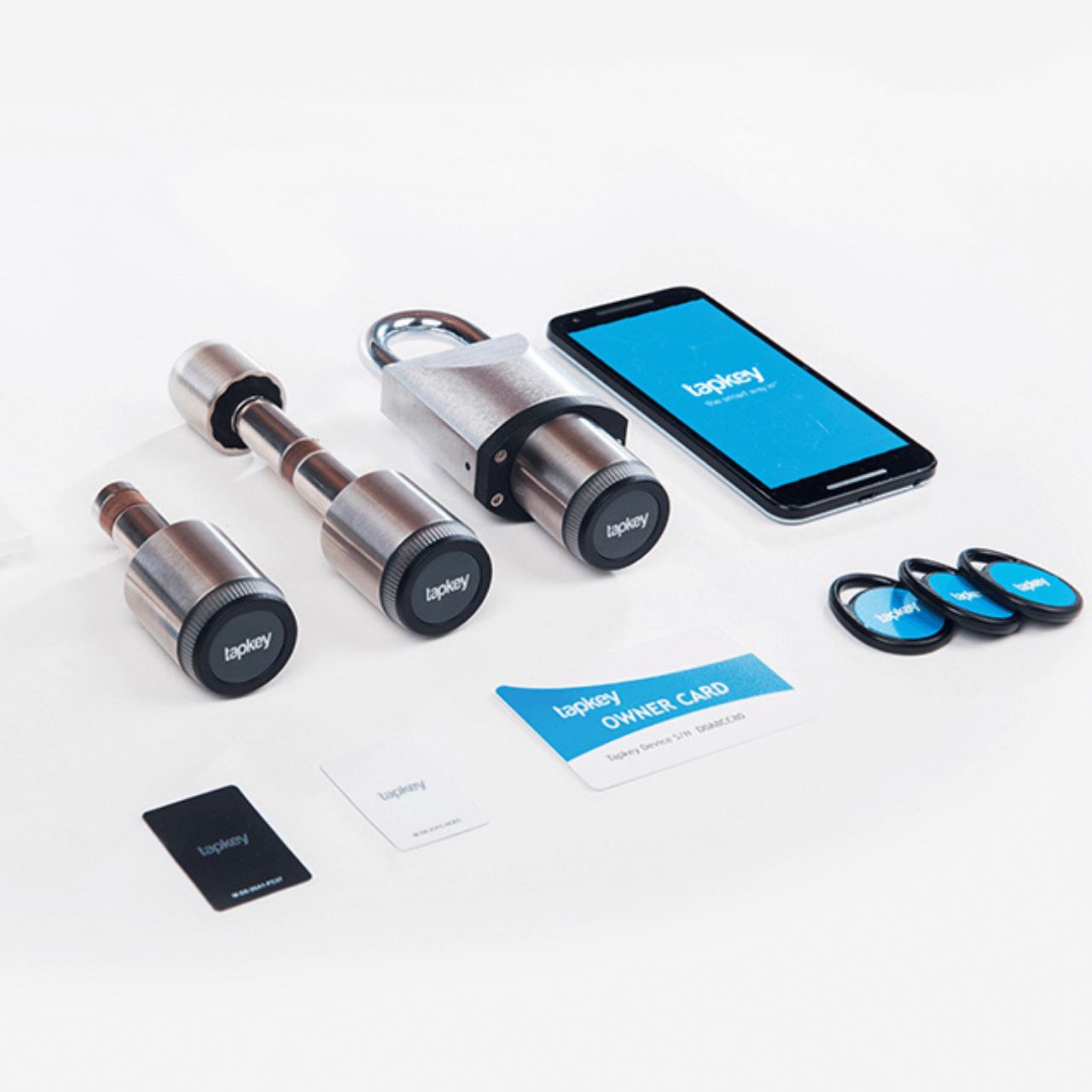



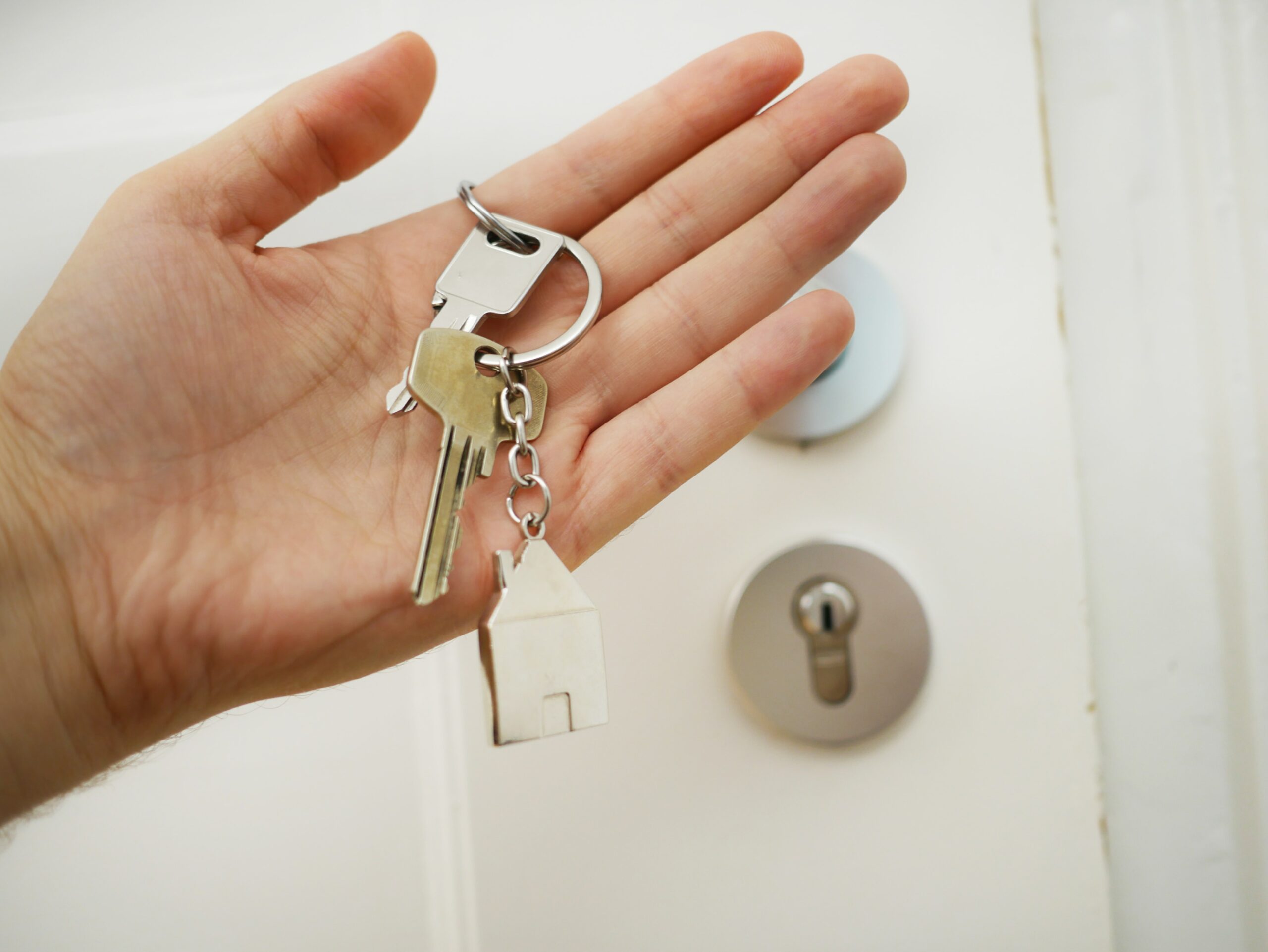
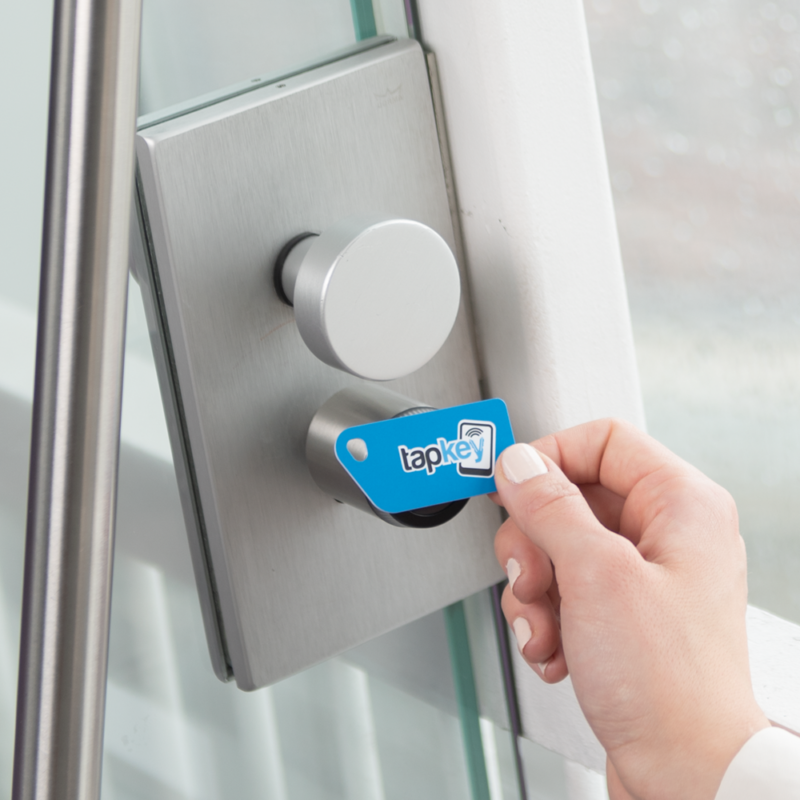
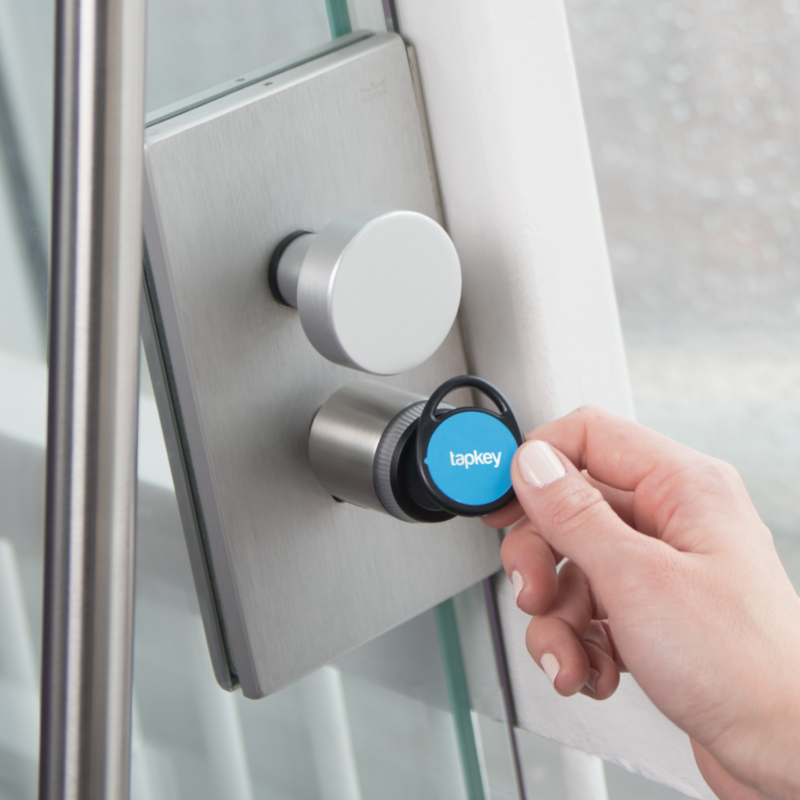
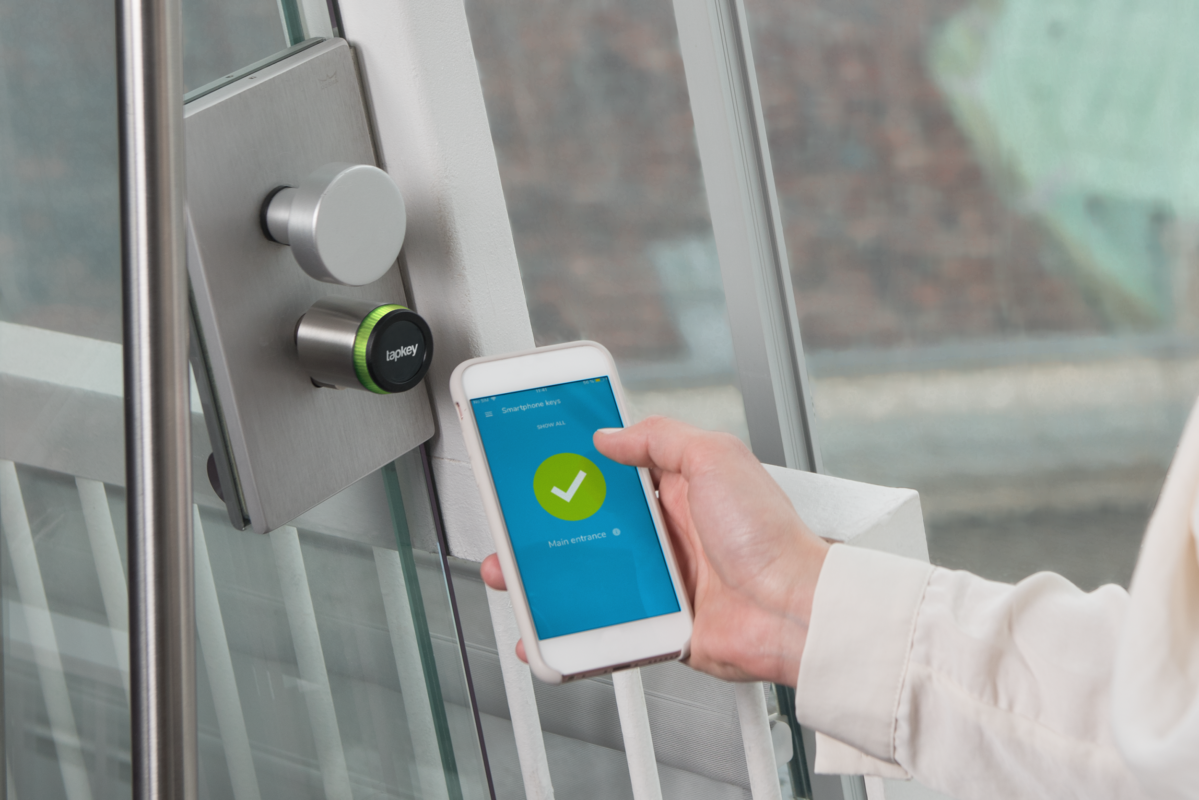
What Does Tapkey Have to Do with Coworking?
Coworking operators have high requirements when it comes [...]
Mehr lesenOct
A Smarter Approach to Privacy: Tapkey’s Unit Feature for Multi-Tenant Properties
Tapkey’s Unit feature ensures tenant privacy in multi-tenant [...]
Mehr lesenOct
Common Flexible Workspace Problems and their Solutions
The most common flexible workspace problems all over [...]
Mehr lesenApr
Digital Keys: Smart Access Control for Gyms and Clubs
In the crossfit studio Urkraft in Graz you’ll [...]
Mehr lesenNov